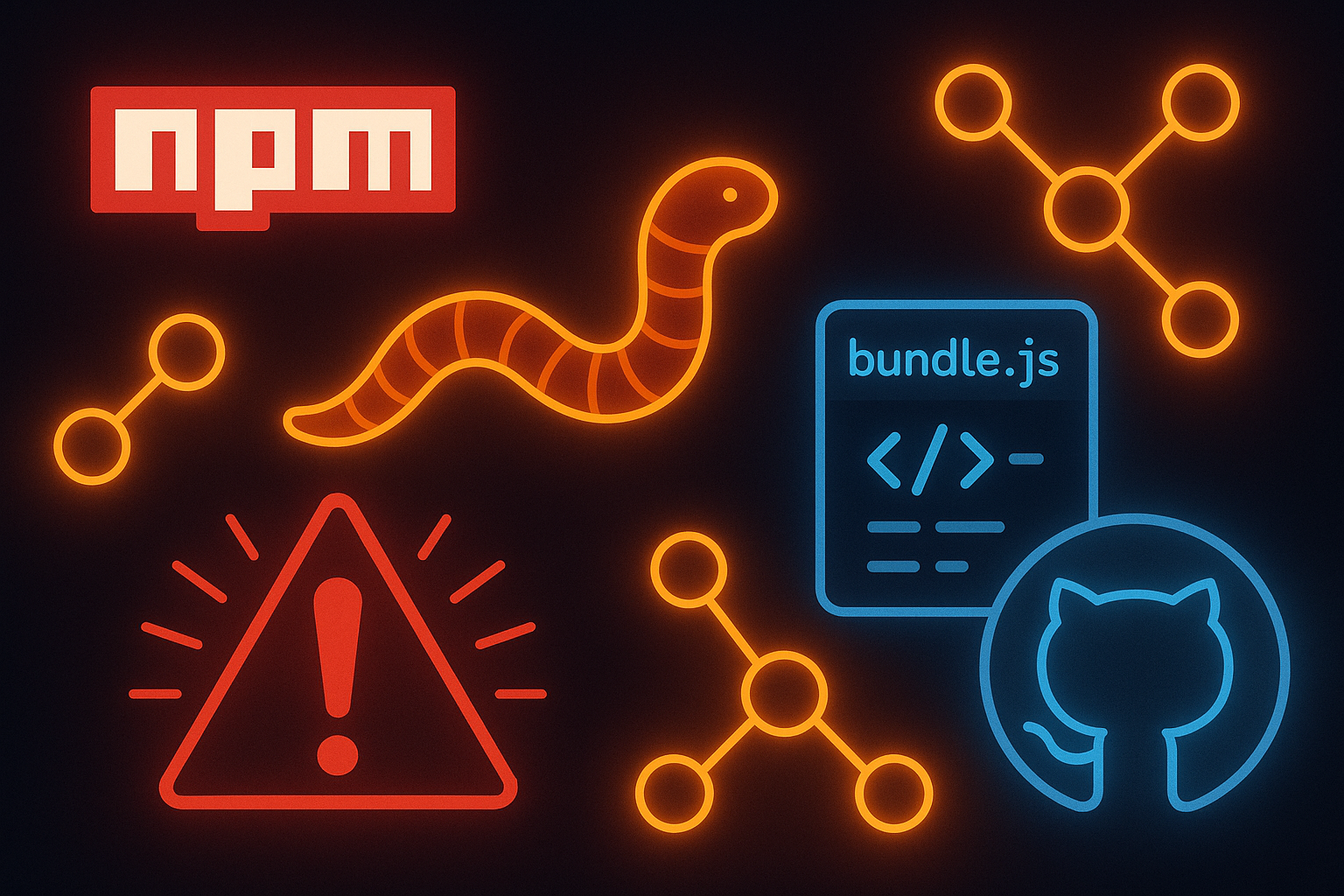software supply chain
-
Researchers find 175 npm packages used to host phishing infrastructure in ‘Beamglea’ campaign
Researchers say 175 npm packages were used to host redirect scripts and HTML payloads for a credential-phishing campaign called Beamglea that has been downloaded about 26,000 times and targeted more than 135 companies worldwide.
-
Malicious PyPI package ‘soopsocks’ acted as SOCKS5 proxy and Windows backdoor, researchers say
Researchers say a PyPI package called soopsocks posed as a SOCKS5 proxy but included Windows backdoor capabilities, downloaded 2,653 times before removal; analysis attributes reconnaissance, privilege elevation, firewall changes and data exfiltration to a compiled executable and accompanying scripts.
-
Asahi suspends Japan operations after cyberattack
Asahi Group Holdings said a cyberattack has forced a halt to ordering, shipping and customer service operations in Japan; the company is investigating and said there is no confirmed data leakage so far but gave no recovery timeline.
-
Researchers find malicious ‘postmark-mcp’ npm package that forwarded emails to attacker
Researchers say a malicious npm package named “postmark-mcp” copied an official library and, beginning with version 1.0.16, BCC’d every email to an external address, exposing potentially sensitive communications; the package has been removed from npm and users are urged to revoke credentials and check logs.
-
Malicious Rust crates impersonating fast_log steal Solana and Ethereum wallet keys, researchers say
Cybersecurity researchers say two malicious Rust crates impersonating the fast_log logging library were used to harvest Solana and Ethereum wallet keys from source code, with Crates.io removing the packages and preserving logs for analysis after responsible disclosure.
-
GitHub outlines changes to harden npm after self-replicating worm incident
GitHub said a self-replicating “Shai-Hulud” worm compromised maintainer accounts and injected malicious post-install scripts into npm packages, and outlined changes including required 2FA, short-lived granular tokens and trusted publishing to harden npm’s supply chain.
-
Stellantis confirms data breach via third-party provider exposing customer emails
Stellantis disclosed that attackers breached a North American third-party customer-service partner, exposing only customer names and email addresses. The company launched an investigation, notified law enforcement, and urged affected customers to watch for phishing, as the auto maker navigates broader industry disruption linked to a separate JLR cyberattack.
-
Self-propagating npm supply-chain attack hits at least 187 packages in ‘Shai-Hulud’ worm
Security researchers warn of a self-propagating supply-chain attack on npm that has compromised at least 187 packages in a campaign dubbed ‘Shai-Hulud.’ The worm begins with the widely used @ctrl/tinycolor package and spreads to other maintainers’ packages, using a bundle.js payload that leverages TruffleHog to exfiltrate secrets and forge GitHub Actions workflows.
-
KillSec ransomware hits Brazil’s healthcare IT supply chain, exposing tens of thousands of records
KillSec has claimed responsibility for a September 2025 attack on Brazil’s healthcare software provider MedicSolution, breaching the healthcare IT supply chain and exposing more than 34 GB of sensitive health data across clinics and laboratories, including medical and minor records.










